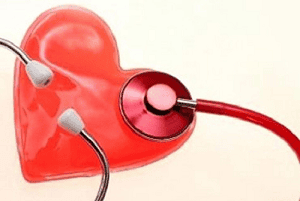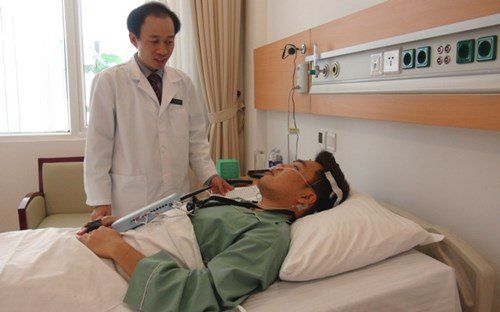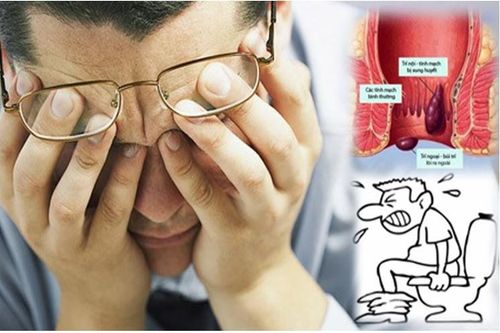This is an automatically translated article.
Heart disease and vascular disease are the diseases with the highest risk of death. About half of all deaths are due to coronary artery disease, including heart attacks.Every year many people die from cardiovascular disease. But among those deaths, there are many that can be saved - by being quickly diagnosed and intervened! Some heart attacks come suddenly and violently. However, most begin slowly with mild pain or discomfort. Here are a few possible signs that a heart attack is happening:
Chest discomfort. Most heart attacks are associated with discomfort in the center of the chest that lasts for more than a few minutes, or goes away and comes back. A heart attack can make you feel uncomfortable pressure, heaviness, fullness, or pain. Discomfort in other areas of the upper body. Symptoms may include pain or discomfort in one or both hands, back, neck, jaw, or stomach. Rapidly breath. May or may not occur with chest tightness. Other signs: May include: cold sweats, nausea or lightheadedness. The most common heart attack symptom in women is angina or chest discomfort. But women are somewhat more susceptible to some of the other common symptoms than men, especially shortness of breath, nausea/vomiting, and back or jaw pain.
What should I do if I suspect a heart attack?
Don't wait more than five minutes to call for help. Call local emergency medical services.
Is there anything else I can do?
If you have been properly trained and if necessary, give CPR (artificial respiration and chest compressions) to the casualty until help is available. Look for any hospital in your area that offers 24-hour emergency cardiac care and keep a list of emergency numbers next to your phone and take it with you at all times just in case. when needed. Apply these steps NOW. Why don't people respond in time?
Many people who have had a heart attack have waited more than two hours to seek help.
· Some people feel shy
· Others are so afraid of having a heart attack that they tell themselves they are not in pain.
» Those feelings are understandable, but also very dangerous. If you see signs of a heart attack, call 911 and get help right away!
What do I need to do to avoid a heart attack?
Do not smoke, and avoid inhalation from passive drugs. Treat high blood pressure if you have it. Eat foods that are low in saturated fat, low in trans fat, low in cholesterol, and low in salt. Be physically active. Keep your weight under control. Go for regular health check-ups. Take your medicine exactly as your doctor has prescribed. Control your blood sugar if you have diabetes. Reference information source from “©2012, American Heart Association”
MSc.BS - Nguyen Quang Thang Head of Emergency Unit of Vinmec International General Hospital













